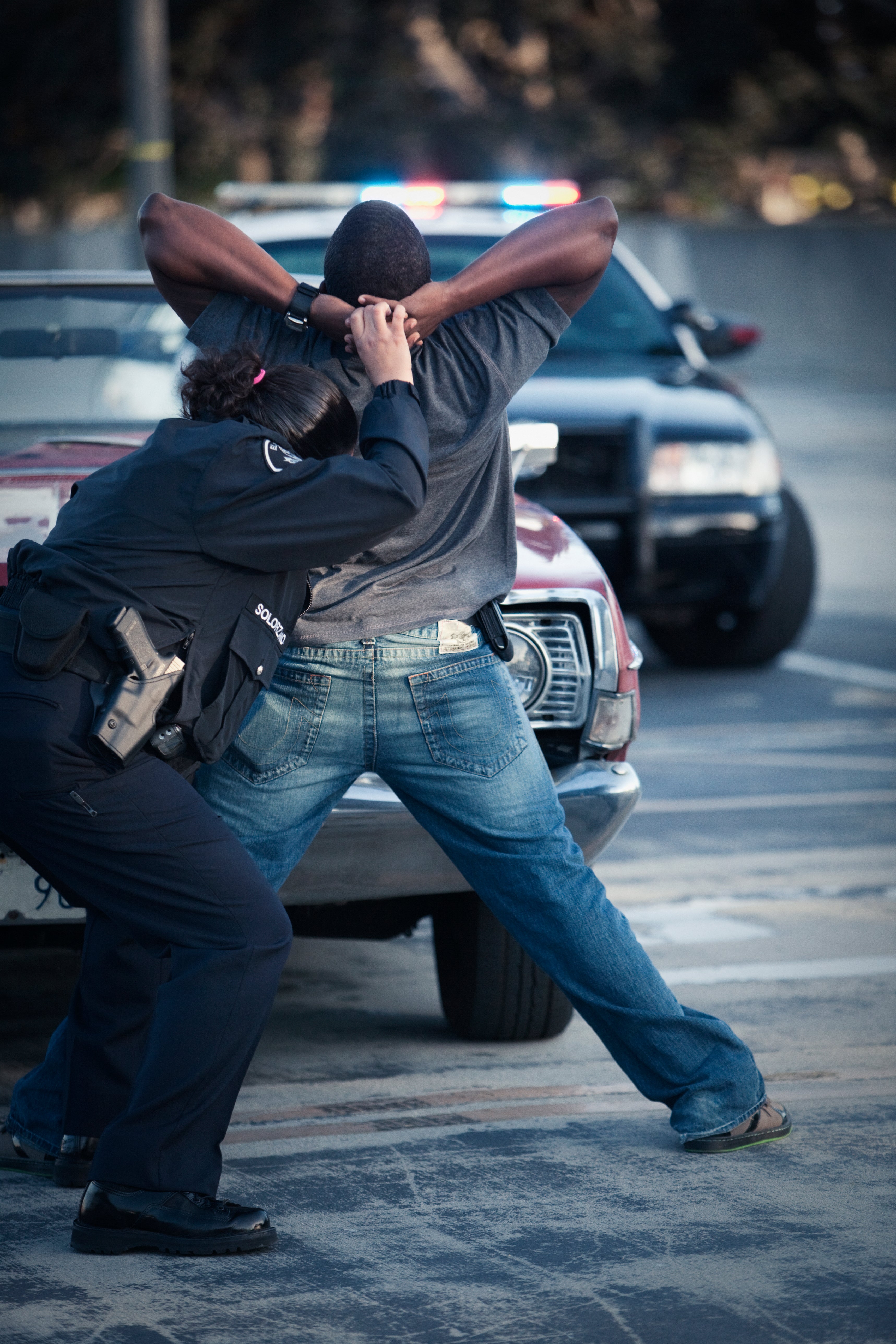
Though it’s nothing we didn’t already know, a newly commissioned New York Times study has found that Driving While Black does, indeed, exist.
Examining the habits of police in Greensboro, N.C., a department that collects some of the most comprehensive data on traffic stops in the country, found that officers were more likely to stop Black drivers at disproportionate rates—African-Americans made up 54 percent of stops though they only account for 39 percent of the population. Additionally, the city’s officers were twice as likely to conduct searches in those drivers’ cars even though they were less likely than White residents to be carrying contraband.
Chicago Police Vow to Reform Stop-and-Frisk Tactics
“There is no evidence that just increasing stops reduces crime,” said Ronald Davis, head of the Department of Justice’s Office of Community Oriented Policing Services, to the Times. “For any chief who faces those racial disparities, they should be of great concern.”
The data collected in North Carolina is simply a snapshot of a larger issue across the country. In Connecticut, Missouri, Illinois, Nebraska, Maryland, Rhode Island and North Carolina—all states that require officers to submit data on traffic stops—officers are more likely to stop Black drivers than White, oftentimes for petty reasons such as expired tags.
“This is what people have been complaining about across the nation,” New York criminal justice professor Delores Jones-Brown told the Times. “It means Whites are ‘getting away’ with very low-level offenses, while people who are poor or people of color are suffering consequences… It amounts to harassment. And police cannot demonstrate that it is creating better public safety.”